To create a personalized plan, we assess your medical history, symptoms, and treatment goals.
Treatment Expectations
Beginning therapy can be a daunting experience. By informing you what one might expect from each treatment, we aim to ease this process and minimize the stress around seeking support for your mental health. Below is an outline of the tasks and processes involved before, during, and after therapy for each treatment service we offer.
Treatment Expectations
Beginning therapy can be a daunting experience. By informing you what one might expect from each treatment, we aim to ease this process and minimize the stress around seeking support for your mental health. Below is an outline of the tasks and processes involved before, during, and after therapy for each treatment service we offer.
Treatment Expectations
Beginning therapy can be a daunting experience. By informing you what one might expect from each treatment, we aim to ease this process and minimize the stress around seeking support for your mental health. Below is an outline of the tasks and processes involved before, during, and after therapy for each treatment service we offer.
Transcranial Magnetic Stimulation (TMS)
Please note that TMS is mainly used in the treatment of depressive or OCD symptoms.
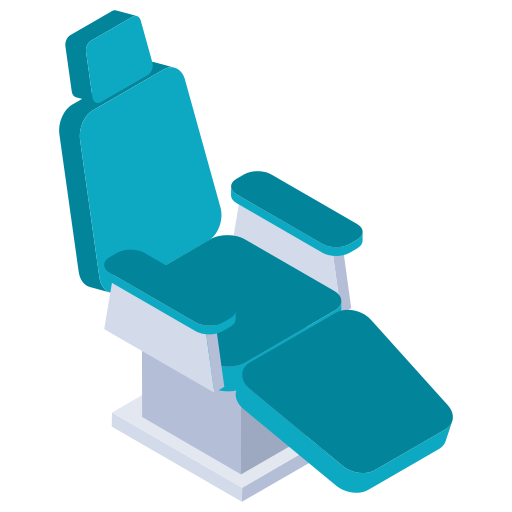
Not sure if TMS is right for you? Take the quiz →
Before Treatment
Medical assessment: There are some contraindications for TMS treatment, including having metal implants and a history of seizures. Patients must be cleared for these before beginning treatment safely.
Understanding symptom profile: Different sites of stimulation are used depending on the symptoms being treated. For depressive symptoms, the left dorsolateral prefrontal cortex is targeted. For OCD, we stimulate the medial prefrontal cortex and the anterior cingulate cortex.
Brain mapping: Once the site of stimulation has been decided, we will conduct a “mapping” exercise that allows us to find the site of stimulation on your head which is slightly different between people due to the natural uniqueness of the brain.
Determining stimulation intensity: We will perform an exercise to assess your optimal intensity for pulses. This intensity will be used throughout your treatment.
During Treatment
20 minutes of stimulation: A helmet will be placed over your head for the period of the session—20 minutes. Expect clicking noises from the electromagnetic pulses emitted from the TMS machine.
Face twitches: the electromagnetic pulses can also activate tissue in muscles in your face, leading to muscle twitches around the head. For some people, this can manifest as jaw pain.
Entertainment: Your alertness or awareness is not altered, so you are free to watch shows on your device, listen to music, read a book, etc. However, you are unable to use wireless or wired earphones/headphones during sessions.
Technician: A TMS technician will stay in the treatment room with you to ensure your safety and comfort throughout the session.
After Treatment
Discomfort: You may experience scalp discomfort or headaches immediately after sessions. After several sessions, this often stops occurring.
Traveling home: You will be able to drive yourself home and return to your daily plans as your state of consciousness is not impacted by the electromagnetic pulses.
Maintenance sessions: After your full course of treatment, you may be eligible for maintenance sessions, with a personalized treatment plan adjusted to your symptom profile. This may begin months or years after your initial TMS treatment; it is very flexible.
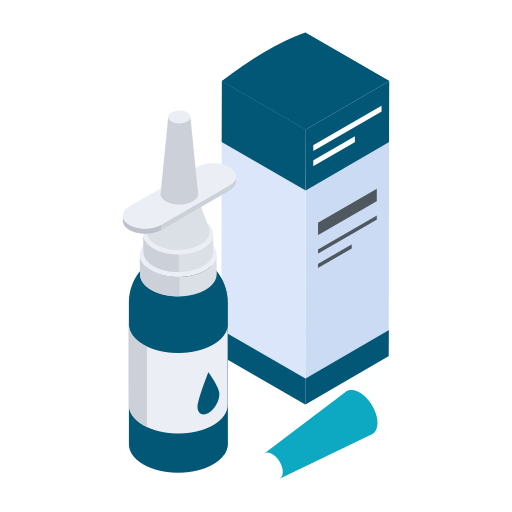
Spravato
Please note that Spravato is only used in treatment for depressive symptoms.
Before Treatment
Medical assessment: Like TMS, there are contraindications associated with Spravato. Before beginning treatment, you must be cleared to ensure you are eligible for Spravato.
Medication Adjustments: You may be asked to adjust your medication schedule around your Spravato appointment. However, this is not always necessary and will be discussed further in-depth with your practitioner.
During Treatment
Supervised self-administration: In the treatment room at our clinic, you are able to administer the nasal spray independently. Your medical professional will be present to ensure the correct technique and dosage to ensure your safety.
Post-administration monitoring: You will be monitored for 2 hours for adverse reactions before you are cleared to leave. We want to ensure your body is receptive to Spravato and you return home in a safe, healthy state.
After Treatment
Driving home: You will be unable to drive until the next after, after a restful sleep, due to the effects esketamine has on the body. You may like to bring a support person who can take you home following your session.
Returning to work: It is also recommended you do not return to work until after a restful sleep.
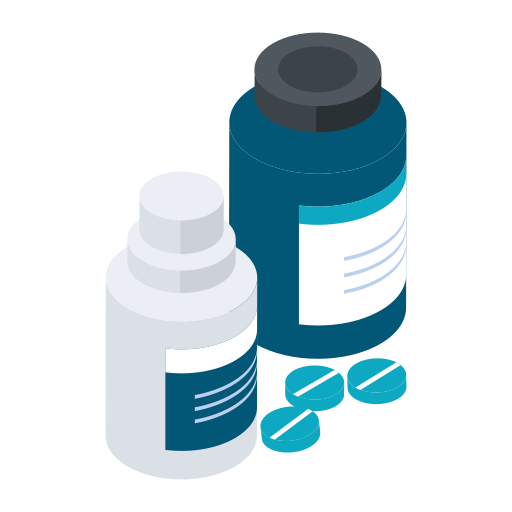
Pharmacotherapy
Before Treatment
Diagnosis: Obtaining a diagnosis or understanding your symptoms is crucial to selecting the appropriate medication.
Medical assessment: We will evaluate the most appropriate medication based on other medications you may be using and possible adverse chemical interactions. We will also need to know any medication you have previously trialed to rule out possible options.
During Treatment
Medication management: A plan to adjust dosage will be developed to maintain a record of trailed medication.
Monitor effects: Symptoms may be expected as the body adjusts to the chemical changes occurring in the brain. After a couple of weeks, symptoms often subside. If symptoms remain or their consequences exceed the benefits of the medication, a new medication can be trialed after 2 to 5 days of no medication.
Continuation: A schedule of medication may be continued for months or years. They may wean off the medication if the patient or psychiatrist believes it is no longer needed.
After Treatment
Changing approaches: If multiple medications are ineffective and symptoms are deemed treatment-resistant, alternative options may be considered, such as TMS, which has been supported by empirical evidence as a treatment that is effective for treatment-resistant depression.

Psychotherapy
Before Treatment
Clinical interview: You will undergo a clinical interview where the therapist and patient may explore their therapy goals, symptoms, personal background, and current situation and stressors.
Determine a psychotherapy approach: Based on your needs and personal preferences, you may decide whether CBT or DBT is your preferred psychotherapy, with your therapist’s guidance.
Treatment plan: You and your therapist will develop a flexible treatment plan that achieves your therapy goals and provides structure and individual aims for each session.
During Treatment
Opening up: A key part of psychotherapy is exploring your mental state, thought patterns, emotional responses, original or triggers of mental health symptoms, and past experiences with your therapist. These may be sensitive topics, so it is important to be prepared and feel safe with your therapist.
Practice coping skills: Identifying coping mechanisms that may work best for you can be a difficult process. Getting this right is crucial to the outcome of your treatment. It is okay for it to take some time for you to feel confident in performing your coping skills. Part of this process may involve practicing small exercises at home to perfect your skills.
After Treatment
Moving on: If you or your therapist believes your therapy goals have been accomplished, you may choose to discontinue your sessions, reduce the frequency of your appointments, or move on to new therapy goals. Alternatively, you may cease therapy if you feel it is not a suitable treatment style, in which case you may like to try any of the previously mentioned approaches.
Continue to Explore Your Treatment Options in Connecticut
Hopefully, with a better understanding of what is involved in each stage of the therapies we offer, you feel confident in continuing with your mental health journey. We look forward to speaking with you to help you understand which therapy suits your needs and lifestyle best!
Transcranial Magnetic Stimulation (TMS)
Please note that TMS is mainly used in the treatment of depressive or OCD symptoms.

Not sure if TMS is right for you? Take the quiz →
Before Treatment
Medical assessment: There are some contraindications for TMS treatment, including having metal implants and a history of seizures. Patients must be cleared for these before beginning treatment safely.
Understanding symptom profile: Different sites of stimulation are used depending on the symptoms being treated. For depressive symptoms, the left dorsolateral prefrontal cortex is targeted. For OCD, we stimulate the medial prefrontal cortex and the anterior cingulate cortex.
Brain mapping: Once the site of stimulation has been decided, we will conduct a “mapping” exercise that allows us to find the site of stimulation on your head which is slightly different between people due to the natural uniqueness of the brain.
Determining stimulation intensity: We will perform an exercise to assess your optimal intensity for pulses. This intensity will be used throughout your treatment.
During Treatment
20 minutes of stimulation: A helmet will be placed over your head for the period of the session—20 minutes. Expect clicking noises from the electromagnetic pulses emitted from the TMS machine.
Face twitches: the electromagnetic pulses can also activate tissue in muscles in your face, leading to muscle twitches around the head. For some people, this can manifest as jaw pain.
Entertainment: Your alertness or awareness is not altered, so you are free to watch shows on your device, listen to music, read a book, etc. However, you are unable to use wireless or wired earphones/headphones during sessions.
Technician: A TMS technician will stay in the treatment room with you to ensure your safety and comfort throughout the session.
After Treatment
Discomfort: You may experience scalp discomfort or headaches immediately after sessions. After several sessions, this often stops occurring.
Traveling home: You will be able to drive yourself home and return to your daily plans as your state of consciousness is not impacted by the electromagnetic pulses.
Maintenance sessions: After your full course of treatment, you may be eligible for maintenance sessions, with a personalized treatment plan adjusted to your symptom profile. This may begin months or years after your initial TMS treatment; it is very flexible.

Spravato
Please note that Spravato is only used in treatment for depressive symptoms.
Before Treatment
Medical assessment: Like TMS, there are contraindications associated with Spravato. Before beginning treatment, you must be cleared to ensure you are eligible for Spravato.
Medication Adjustments: You may be asked to adjust your medication schedule around your Spravato appointment. However, this is not always necessary and will be discussed further in-depth with your practitioner.
During Treatment
Supervised self-administration: In the treatment room at our clinic, you are able to administer the nasal spray independently. Your medical professional will be present to ensure the correct technique and dosage to ensure your safety.
Post-administration monitoring: You will be monitored for 2 hours for adverse reactions before you are cleared to leave. We want to ensure your body is receptive to Spravato and you return home in a safe, healthy state.
After Treatment
Driving home: You will be unable to drive until the next after, after a restful sleep, due to the effects esketamine has on the body. You may like to bring a support person who can take you home following your session.
Returning to work: It is also recommended you do not return to work until after a restful sleep.

Pharmacotherapy
Before Treatment
Diagnosis: Obtaining a diagnosis or understanding your symptoms is crucial to selecting the appropriate medication.
Medical assessment: We will evaluate the most appropriate medication based on other medications you may be using and possible adverse chemical interactions. We will also need to know any medication you have previously trialed to rule out possible options.
During Treatment
Medication management: A plan to adjust dosage will be developed to maintain a record of trailed medication.
Monitor effects: Symptoms may be expected as the body adjusts to the chemical changes occurring in the brain. After a couple of weeks, symptoms often subside. If symptoms remain or their consequences exceed the benefits of the medication, a new medication can be trialed after 2 to 5 days of no medication.
Continuation: A schedule of medication may be continued for months or years. They may wean off the medication if the patient or psychiatrist believes it is no longer needed.
After Treatment
Changing approaches: If multiple medications are ineffective and symptoms are deemed treatment-resistant, alternative options may be considered, such as TMS, which has been supported by empirical evidence as a treatment that is effective for treatment-resistant depression.

Psychotherapy
Before Treatment
Clinical interview: You will undergo a clinical interview where the therapist and patient may explore their therapy goals, symptoms, personal background, and current situation and stressors.
Determine a psychotherapy approach: Based on your needs and personal preferences, you may decide whether CBT or DBT is your preferred psychotherapy, with your therapist’s guidance.
Treatment plan: You and your therapist will develop a flexible treatment plan that achieves your therapy goals and provides structure and individual aims for each session.
During Treatment
Opening up: A key part of psychotherapy is exploring your mental state, thought patterns, emotional responses, original or triggers of mental health symptoms, and past experiences with your therapist. These may be sensitive topics, so it is important to be prepared and feel safe with your therapist.
Practice coping skills: Identifying coping mechanisms that may work best for you can be a difficult process. Getting this right is crucial to the outcome of your treatment. It is okay for it to take some time for you to feel confident in performing your coping skills. Part of this process may involve practicing small exercises at home to perfect your skills.
After Treatment
Moving on: If you or your therapist believes your therapy goals have been accomplished, you may choose to discontinue your sessions, reduce the frequency of your appointments, or move on to new therapy goals. Alternatively, you may cease therapy if you feel it is not a suitable treatment style, in which case you may like to try any of the previously mentioned approaches.
Continue to Explore Your Treatment Options in Connecticut
Hopefully, with a better understanding of what is involved in each stage of the therapies we offer, you feel confident in continuing with your mental health journey. We look forward to speaking with you to help you understand which therapy suits your needs and lifestyle best!
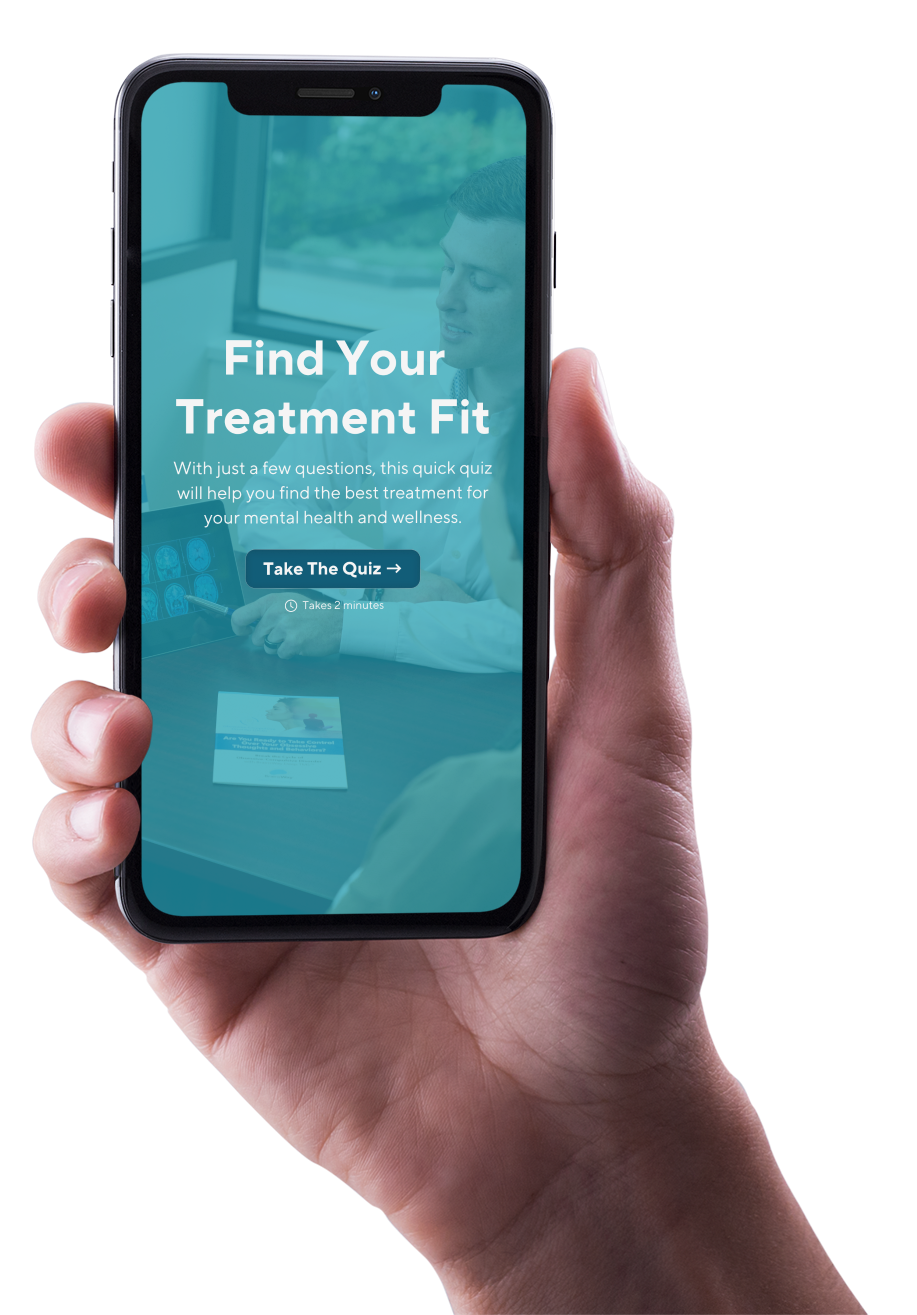
Not Sure Which Treatment Is Right?
Take our quick quiz to get personalized recommendations based on your needs.

Not Sure Which Treatment Is Right?
Take our quick quiz to get personalized recommendations based on your needs.
Why Choose Us?
We are committed to providing evidence-based treatments that offer real, lasting results.

Expert Care
Board-certified psychiatrist with extensive experience in mental health therapies.
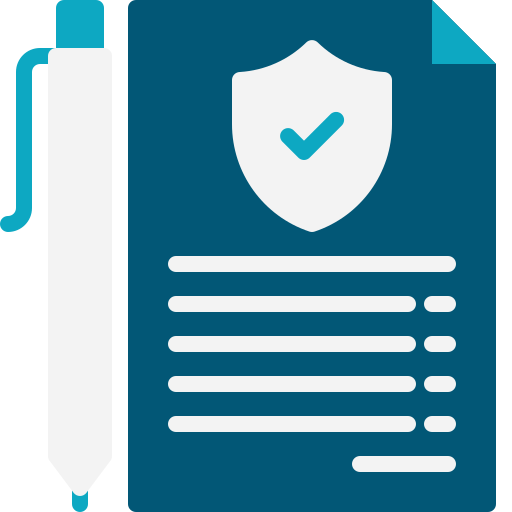
Insurance Accepted
We accept all major insurance providers, including Medicare.
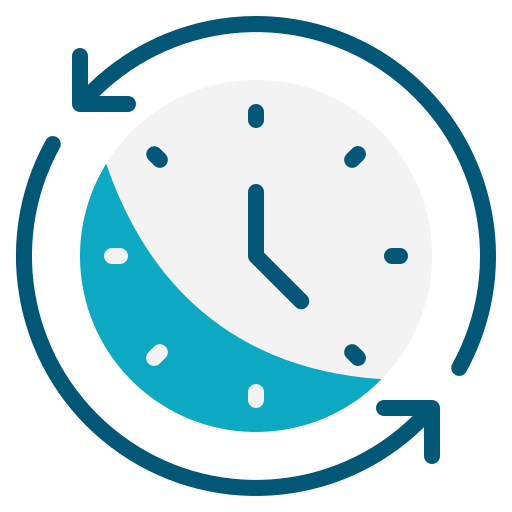
Accelerated Recovery
Our 5-day accelerated TMS program helps you get better, faster.
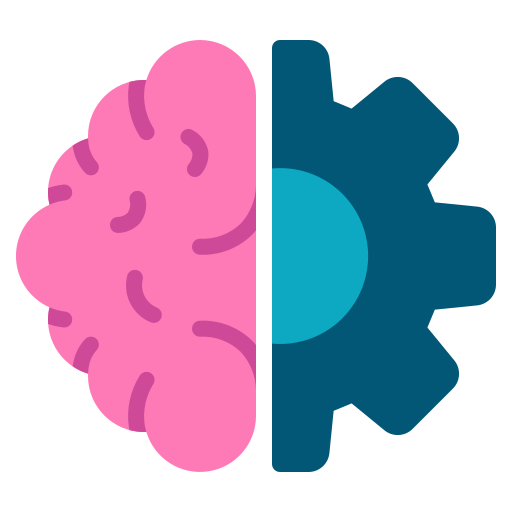
Individualized
Tailored treatment plans designed just for you.

Holistic Approach
We offer TMS and Esketamine to enhance the effectiveness of psychotherapy.

FDA-Approved
Our treatments meet the highest safety and efficacy standards.
Read Our Patient Reviews

"I highly recommend Evolve Brain Health if you are considering TMS. My experience was extremely positive. Dr. Knightly is very bright, compassionate and patient. He took time to answer all of my questions without ever making me feel rushed. It’s very easy to schedule appointments and always runs right on time. The treatment is very easy-in and out in less than 15 minutes with no side effects!"
Gerrianne D.


"Dr. Knightly was without a doubt, one of the most professional, knowledgeable and experienced Psychiatrists I have ever seen. Honestly, it was an appointment I would look forward to, rather than just any generic Doctor visit, which we all definitely know is not where we want to be. His follow up and true commitment to his patients is hard to find these days. 5 Stars is not enough. He is better than any rating scale and I know will humbly continue to help as many people as he can."
Michael.


"Dr Knightly is empathetic, professional & informative. He’s walked me through the process & has answered all my questions without hesitation, even the questions I’ve repeatedly asked. During my first session I was overwhelmed with emotion (I’ve tried many things to try to treat my depression) & he validated my experience & made me feel comfortable. I recommend anyone who is interested in TMS to visit his office, you‘re in good hands."
Jade C.


Will My Insurance Cover TMS Therapy?
We can help verify your benefits and provide transparent pricing options so you can plan your treatment confidently.
Featured Resources
Interested in learning about various mental health treatments? Visit our Learning Center for clear, easy-to-understand explanations of procedures, protocols, comparisons, and the conditions they address.

What to Expect In Each Treatment
Beginning therapy can be a daunting experience. By informing you what one might expect from each treatment, we aim to ease this process and minimize the stress around seeking support for your mental health.
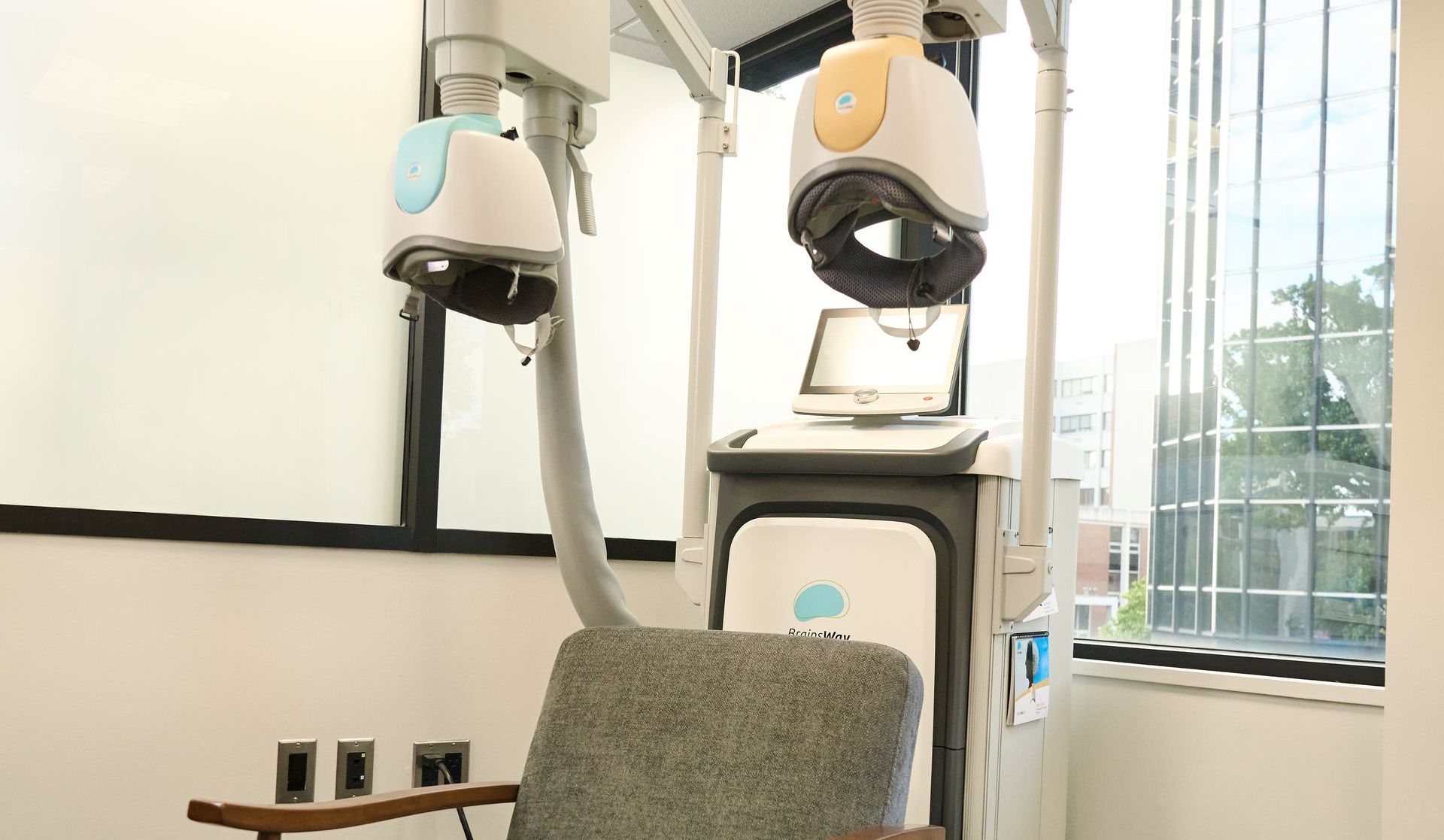
Is TMS Therapy Right For Me?
As TMS is a novel approach to mental health treatment, you may not have heard about it. This quiz can help you learn whether you are interested in TMS based on your symptoms, but it is not a comprehensive decision tool.

Our Guide to Help You Choose Your Treatment
Beginning therapy can be difficult enough without being overwhelmed by the variety of treatment options. In this article, we cover the differences between our services to help you decide which treatment you may want to pursue with us.

What to Expect In Each Treatment
Beginning therapy can be a daunting experience. By informing you what one might expect from each treatment, we aim to ease this process and minimize the stress around seeking support for your mental health.

Is TMS Therapy Right For Me?
As TMS is a novel approach to mental health treatment, you may not have heard about it. This quiz can help you learn whether you are interested in TMS based on your symptoms, but it is not a comprehensive decision tool.

Our Guide to Help You Choose Your Treatment
Beginning therapy can be difficult enough without being overwhelmed by the variety of treatment options. In this article, we cover the differences between our services to help you decide which treatment you may want to pursue with us.
Book Your Consultation
Take the first step towards better mental health and well-being. Call us at
(203) 504-9758
or complete the form below.
Contact Us
We will get back to you as soon as possible.
Please try again later.
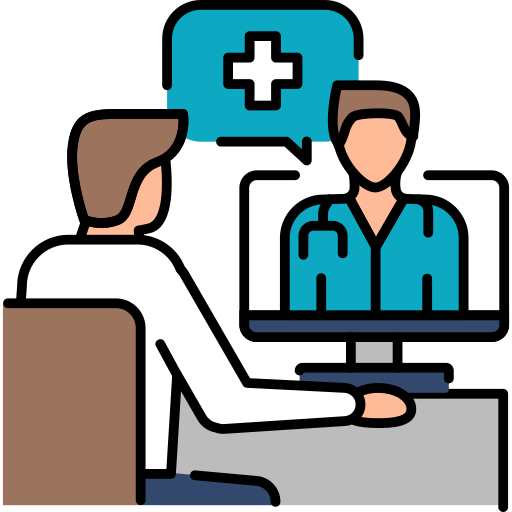
What Happens In My Consultation?


You'll have an open conversation with your psychiatrist to discuss options and next steps.

A tailored approach is developed based on your unique needs, ensuring the best outcomes for you.
(203) 504-9758
Not Sure Which Treatment Is Right?
Take our quick quiz to get personalized recommendations based on your needs.

Why Choose Us?
We are committed to providing evidence-based treatments that offer real, lasting results.

Expert Care
Board-certified psychiatrist with extensive experience in mental health therapies.

Insurance Accepted
We accept all major insurance providers, including Medicare.

Accelerated Recovery
Our 5-day accelerated TMS program helps you get better, faster.

Individualized
Tailored treatment plans designed just for you.

Holistic Approach
We offer TMS and Esketamine to enhance the effectiveness of psychotherapy.

FDA-Approved
Our treatments meet the highest safety and efficacy standards.
Read Our Patient Reviews

"I highly recommend Evolve Brain Health if you are considering TMS. My experience was extremely positive. Dr. Knightly is very bright, compassionate and patient. He took time to answer all of my questions without ever making me feel rushed. It’s very easy to schedule appointments and always runs right on time. The treatment is very easy-in and out in less than 15 minutes with no side effects!"
Gerrianne D.


"Dr. Knightly was without a doubt, one of the most professional, knowledgeable and experienced Psychiatrists I have ever seen. Honestly, it was an appointment I would look forward to, rather than just any generic Doctor visit, which we all definitely know is not where we want to be. His follow up and true commitment to his patients is hard to find these days. 5 Stars is not enough. He is better than any rating scale and I know will humbly continue to help as many people as he can."
Michael.


"Dr Knightly is empathetic, professional & informative. He’s walked me through the process & has answered all my questions without hesitation, even the questions I’ve repeatedly asked. During my first session I was overwhelmed with emotion (I’ve tried many things to try to treat my depression) & he validated my experience & made me feel comfortable. I recommend anyone who is interested in TMS to visit his office, you‘re in good hands."
Jade C.


Will My Insurance Cover TMS Therapy?
We can help verify your benefits and provide transparent pricing options so you can plan your treatment confidently.
Featured Resources
Interested in learning about various mental health treatments? Visit our Learning Center for clear, easy-to-understand explanations of procedures, protocols, comparisons, and the conditions they address.

TMS Therapy Pros and Cons
TMS is a novel approach that continues to receive more recognition as a valuable therapy option as we see promising outcomes from both research and clinical findings.

Is TMS Therapy Right For Me?
As TMS is a novel approach to mental health treatment, you may not have heard about it. This quiz can help you learn whether you are interested in TMS based on your symptoms, but it is not a comprehensive decision tool.

Our Guide to Help You Choose Your Treatment
Beginning therapy can be difficult enough without being overwhelmed by the variety of treatment options. In this article, we cover the differences between our services to help you decide which treatment you may want to pursue with us.
Book Your Consultation
Take the first step towards better mental health and well-being. Call us at
(203) 504-9758
or complete the form below.
Contact Us
We will get back to you as soon as possible.
Please try again later.

What Happens In My Consultation?

To create a personalized plan, we assess your medical history, symptoms, and treatment goals.

You'll have an open conversation with your psychiatrist to discuss options and next steps.

A tailored approach is developed based on your unique needs, ensuring the best outcomes for you.
(203) 504-9758
Why Choose Us?
We are committed to providing evidence-based treatments that offer real, lasting results.

Expert Care
Board-certified psychiatrist with extensive experience in mental health therapies.

Insurance Accepted
We accept all major insurance providers, including Medicare.

Accelerated Recovery
Our 5-day accelerated TMS program helps you get better, faster.

Individualized
Tailored treatment plans designed just for you.

Holistic Approach
We offer TMS and Esketamine to enhance the effectiveness of psychotherapy.

FDA-Approved
Our treatments meet the highest safety and efficacy standards.
Read Our Patient Reviews

"I highly recommend Evolve Brain Health if you are considering TMS. My experience was extremely positive. Dr. Knightly is very bright, compassionate and patient. He took time to answer all of my questions without ever making me feel rushed. It’s very easy to schedule appointments and always runs right on time. The treatment is very easy-in and out in less than 15 minutes with no side effects!"
Gerrianne D.


"Dr. Knightly was without a doubt, one of the most professional, knowledgeable and experienced Psychiatrists I have ever seen. Honestly, it was an appointment I would look forward to, rather than just any generic Doctor visit, which we all definitely know is not where we want to be. His follow up and true commitment to his patients is hard to find these days. 5 Stars is not enough. He is better than any rating scale and I know will humbly continue to help as many people as he can."
Michael.


"Dr Knightly is empathetic, professional & informative. He’s walked me through the process & has answered all my questions without hesitation, even the questions I’ve repeatedly asked. During my first session I was overwhelmed with emotion (I’ve tried many things to try to treat my depression) & he validated my experience & made me feel comfortable. I recommend anyone who is interested in TMS to visit his office, you‘re in good hands."
Jade C.


Will My Insurance Cover TMS Therapy?
We can help verify your benefits and provide transparent pricing options so you can plan your treatment confidently.
Featured Resources
Interested in learning about various mental health treatments? Visit our Learning Center for clear, easy-to-understand explanations of procedures, protocols, comparisons, and the conditions they address.

Is TMS Therapy Right For Me?
As TMS is a novel approach to mental health treatment, you may not have heard about it. This quiz can help you learn whether you are interested in TMS based on your symptoms, but it is not a comprehensive decision tool.

TMS Therapy Pros and Cons
TMS is a novel approach that continues to receive more recognition as a valuable therapy option as we see promising outcomes from both research and clinical findings.

Our Guide to Help You Choose Your Treatment
Beginning therapy can be difficult enough without being overwhelmed by the variety of treatment options. In this article, we cover the differences between our services to help you decide which treatment you may want to pursue with us.
Book Your Consultation
Take the first step towards better mental health and well-being. Call us at
(203) 504-9758
or complete the form below.
Contact Us
We will get back to you as soon as possible.
Please try again later.

What Happens In My Consultation?

To create a personalized plan, we assess your medical history, symptoms, and treatment goals.

You'll have an open conversation with your psychiatrist to discuss options and next steps.

A tailored approach is developed based on your unique needs, ensuring the best outcomes for you.
(203) 504-9758








